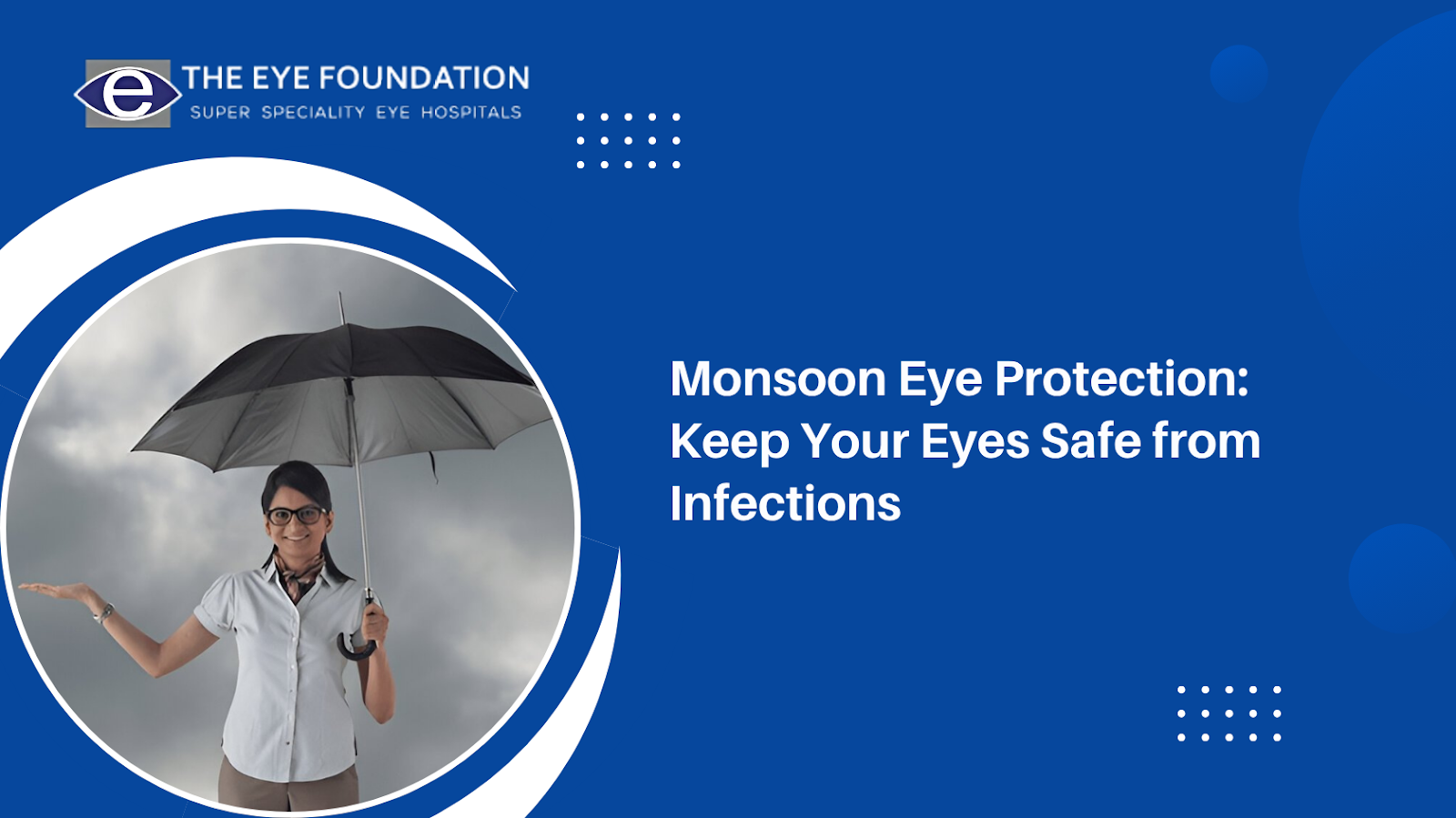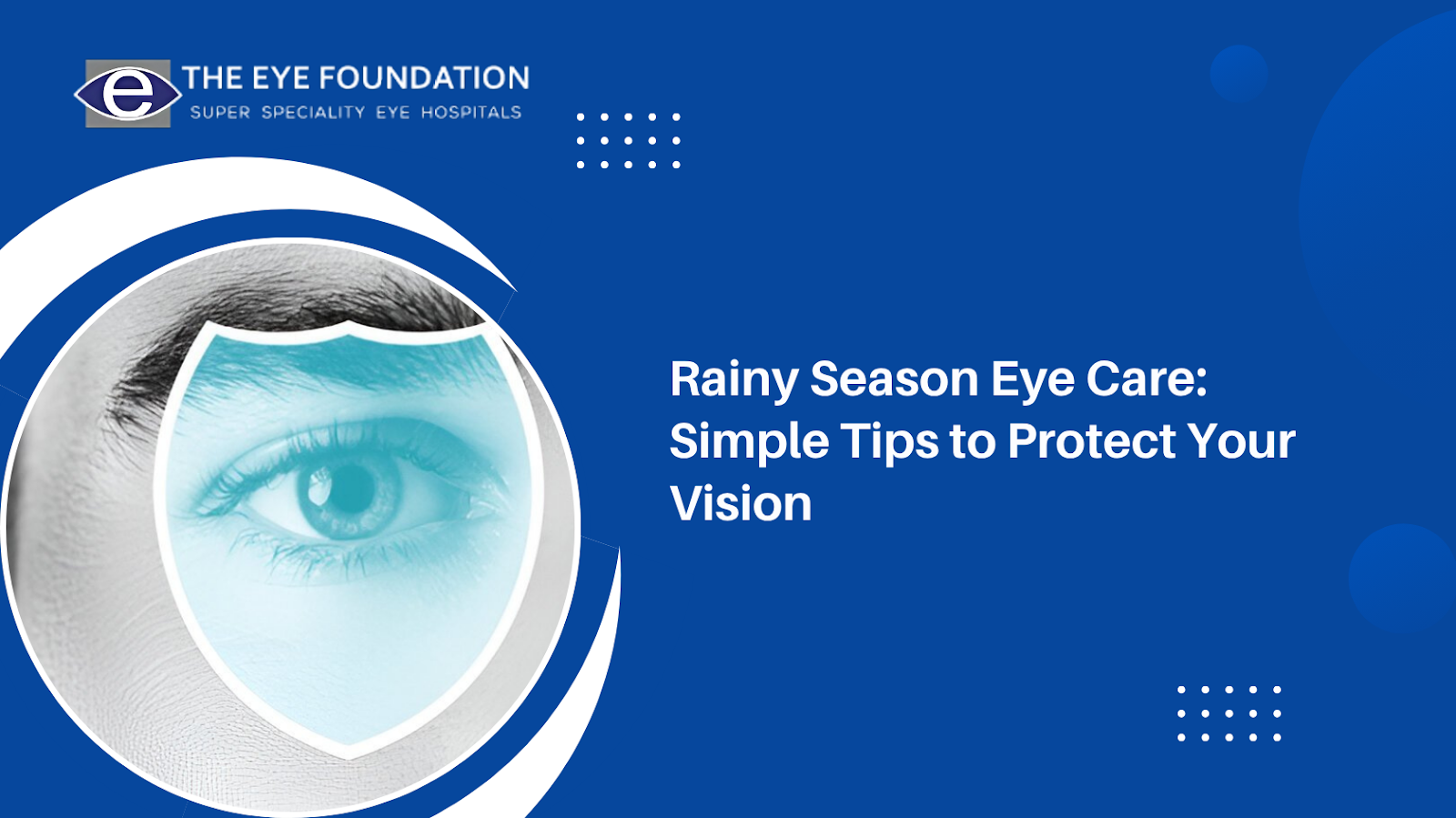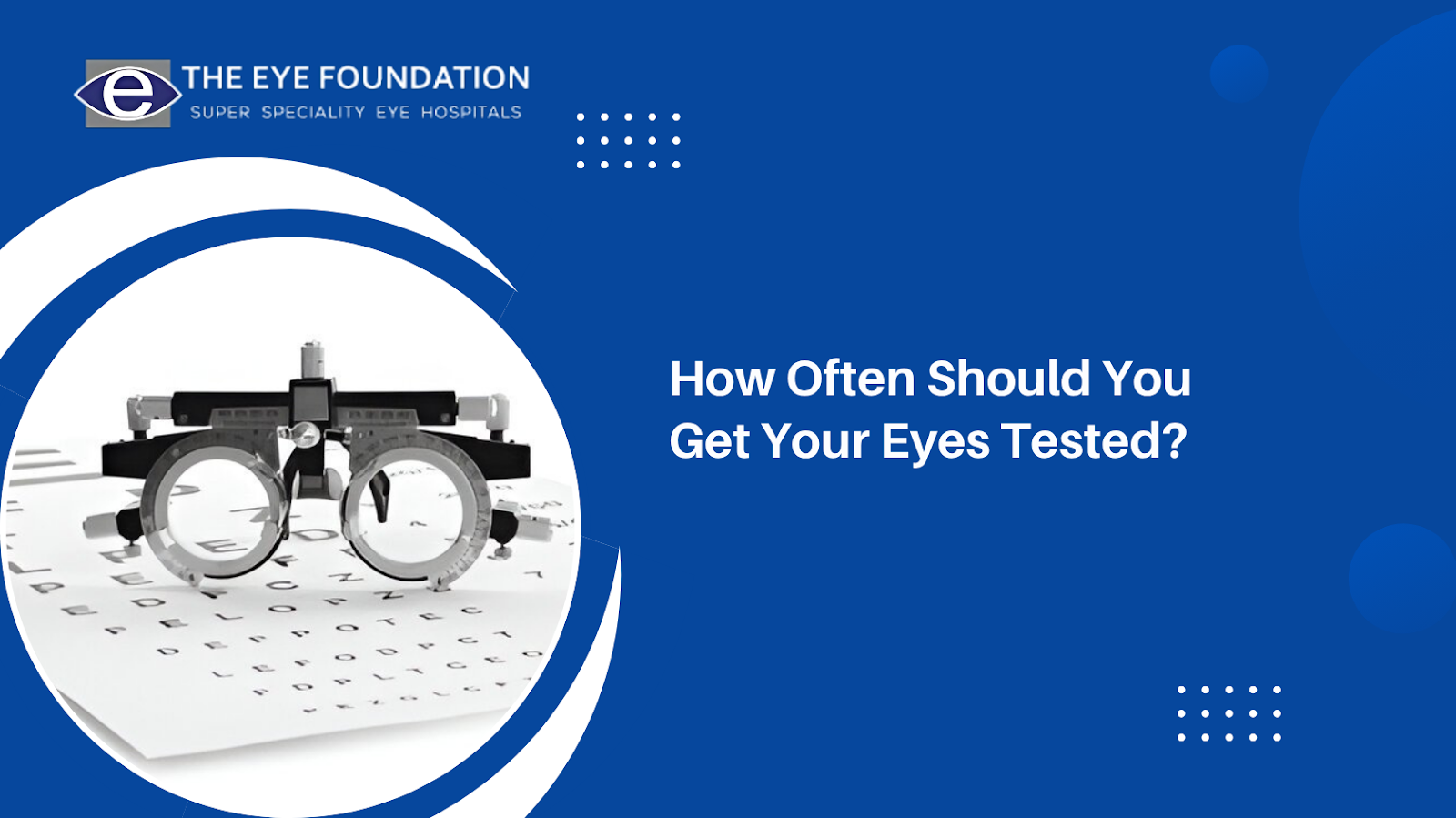Glaucoma is often referred to as the "silent thief of sight," primarily because it can progress undetected until it has caused significant vision loss. For many, the possibility of prevention is a major concern. While it's impossible to prevent glaucoma entirely, there are measures that can reduce your risk and potentially slow the progression if you've been diagnosed. This article explores practical steps to manage and possibly reduce the risk of developing glaucoma.
Understanding Glaucoma: What You Need to Know
Glaucoma is a group of eye conditions that damage the optic nerve, vital for good vision, and is often linked to increased pressure in the eye. The most common forms include open-angle and angle-closure glaucoma. Understanding these types can help you discuss more effectively with your healthcare provider about screenings and preventive measures.
Regular Eye Examinations: Your First Line of Defense
One of the most effective strategies for preventing severe glaucoma is regular comprehensive eye exams. Eye doctors can detect signs of glaucoma early on when it is most treatable. It's recommended that individuals over the age of 40, especially those at higher risk, should have their eyes examined every one to two years.
Risk Factors: Know Your Profile
Several factors can increase your risk of developing glaucoma, including:
- Age: Individuals over 60 are at higher risk.
- Ethnicity: African Americans and Asians are more prone to certain types of glaucoma.
- Family History: Those with a family history of glaucoma have a higher risk.
- Medical Conditions: Diabetes, heart disease, and high blood pressure can increase your risk.
Identifying whether you fall into any of these risk categories can guide your prevention strategies and screening intervals.
Lifestyle Adjustments: Small Changes, Big Impact
Incorporating simple lifestyle changes can help manage your eye pressure and overall eye health. Consider the following tips:
- Exercise Regularly: Moderate, regular exercise like walking or jogging can help reduce eye pressure.
- Eat a Balanced Diet: Nutrients like antioxidants and vitamins C and E might help maintain eye health.
- Limit Caffeine: High caffeine intake can increase eye pressure.
- Stay Hydrated: Proper hydration helps maintain a healthy fluid balance in your body, including your eyes.
Protect Your Eyes: Practical Everyday Tips
Beyond lifestyle and health screenings, protecting your eyes on a daily basis is crucial. Wear protective eyewear when engaging in sports or activities that could harm your eyes. Additionally, avoid rubbing your eyes excessively, which can increase eye pressure.
Point-by-Point: Reducing Glaucoma Risk
To make the guidance clearer, here’s a point-by-point breakdown to reduce your risk:
- Get Regular Screenings: Essential for early detection and management.
- Exercise Moderation: Helps lower intraocular pressure.
- Adopt a Nutrient-Rich Diet: Focus on vitamins and antioxidants.
- Protect Your Eyes: Use safety glasses during high-risk activities.
Schedule an Appointment with The Eye Foundation
If you’re concerned about glaucoma or have noticed changes in your vision, scheduling an appointment with an eye care professional is a wise step. The Eye Foundation offers specialised glaucoma screenings and personalised eye care strategies to help protect your vision. Don’t wait until symptoms develop; proactive eye care is your best defence against glaucoma.






